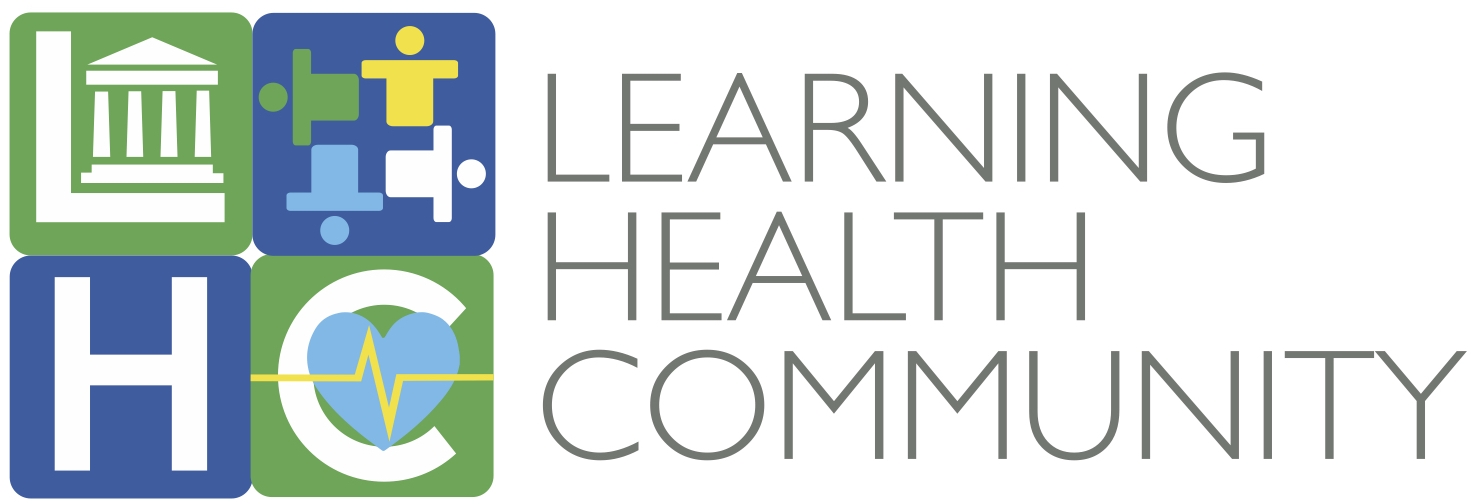Though there are various definitions of a Learning Health System (LHS), perhaps the concept is best defined by the ways an LHS will serve the learning needs of all stakeholders and will empower these stakeholders to take actions informed by this timely-generated knowledge, bringing about transformative change. Several sample use cases serve to illustrate the potential of an LHS:
- In an LHS, when a patient faces a difficult medical decision, in collaboration with her clinicians, she will be able to base that decision on the real-world experiences of patients like her.
- In an LHS, a stakeholder interested in post-market surveillance of a new drug will be able to rapidly detect safety signals and recognize the imperative to modify personalized dosage algorithms directly from electronic health record (EHR) data captured as a byproduct of care delivery (as well as other sources). In turn, modified clinical decision support rules based on these personalized dosage algorithms can be rapidly created and fed into EHR systems.
- In an LHS, during an epidemic, public health stakeholders will be able to receive near real-time reports of new cases. Rapid analysis based on this quick, systematic reporting will enable clinicians to be alerted as the disease spreads to new geographic areas.
- In an LHS, multiple and diverse stakeholders with shared interests in developing innovative solutions to address important health and health care challenges will be empowered to utilize the same infrastructure that enables the previously described use cases will also serve as a foundation upon which to develop and iteratively refine as-yet unimagined innovations aimed at realizing transformative impacts.


